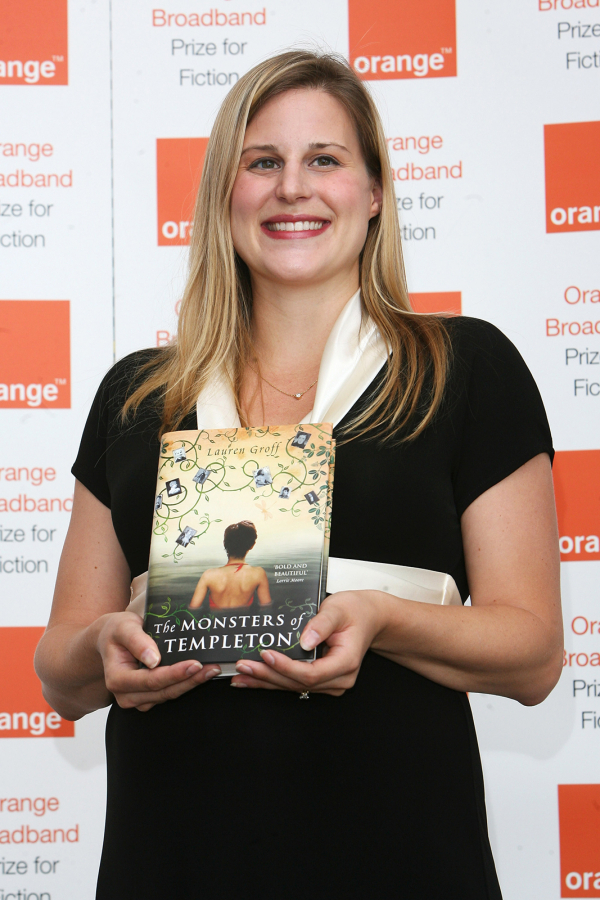As a new report from PEN America aggregates two years of data on book bans to show how they tar specific authors with a “Scarlet Letter,” Lauren Groff — author of “Florida,” “Matrix” and the recent novel “The Vaster Wilds” — has just announced plans to open a bookstore selling frequently banned books in the epicenter of challenged literature.
PEN America released its latest report on book bans Thursday morning, reflecting on the 5,894 book bans in U.S. public schools documented from July 2021 to June 2023. Their findings illustrated the way copycat bans have become a driving force in the campaign to scrub library shelves. The free-speech advocacy organization also defined what it called the “Scarlet Letter” effect — the stigma attached to authors of challenged books who subsequently found themselves targeted for all their work. As of September 2023, according to PEN, more than 40 percent of book restrictions occurred in Florida.
Over the 2021-22 and 2022-23 school years, according to PEN, book challenges in public schools impacted 247 school districts across 41 states, affecting millions of students. Many of them have recently taken a stand against restricting their literary pursuits.
“Literature is vital to educate young people,” said Sabrina Baeta, of PEN America’s Freedom to Read program, in a statement accompanying the report. “Without literary works, students are left without context for their own experiences, without empathy for the experiences of others, and without a full understanding of the world we live in and the past. We are continually alarmed to see how the movement to ban books has intensified since 2021 and puts at risk the freedoms to read and learn, all the while threatening core principles of education.”



